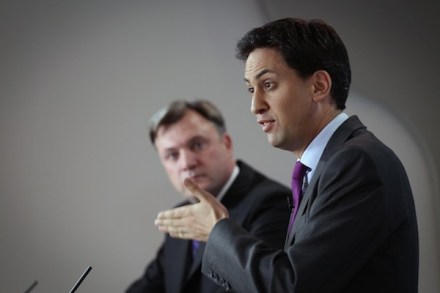Leveson report: To pass a law you don’t just need a majority in parliament, but time too
There’s understandable excitement about whether a pro-Leveson Commons majority could be formed. At first glance, this looks likely if you add Labour, the Lib Dems and a handful of the Eustice Tories together you can get to 326 quite easily. But, in terms of passing a bill, you need more than majority. You need time. The vast majority of parliamentary time remains in the government’s gift. If the Prime Minister won’t let the government bring forward legislation, then there almost certainly won’t be a press law passed. David Cameron has tweeted that he’ll give a ‘clear sense of direction’ in his statement at 3pm. We will then after that have



















